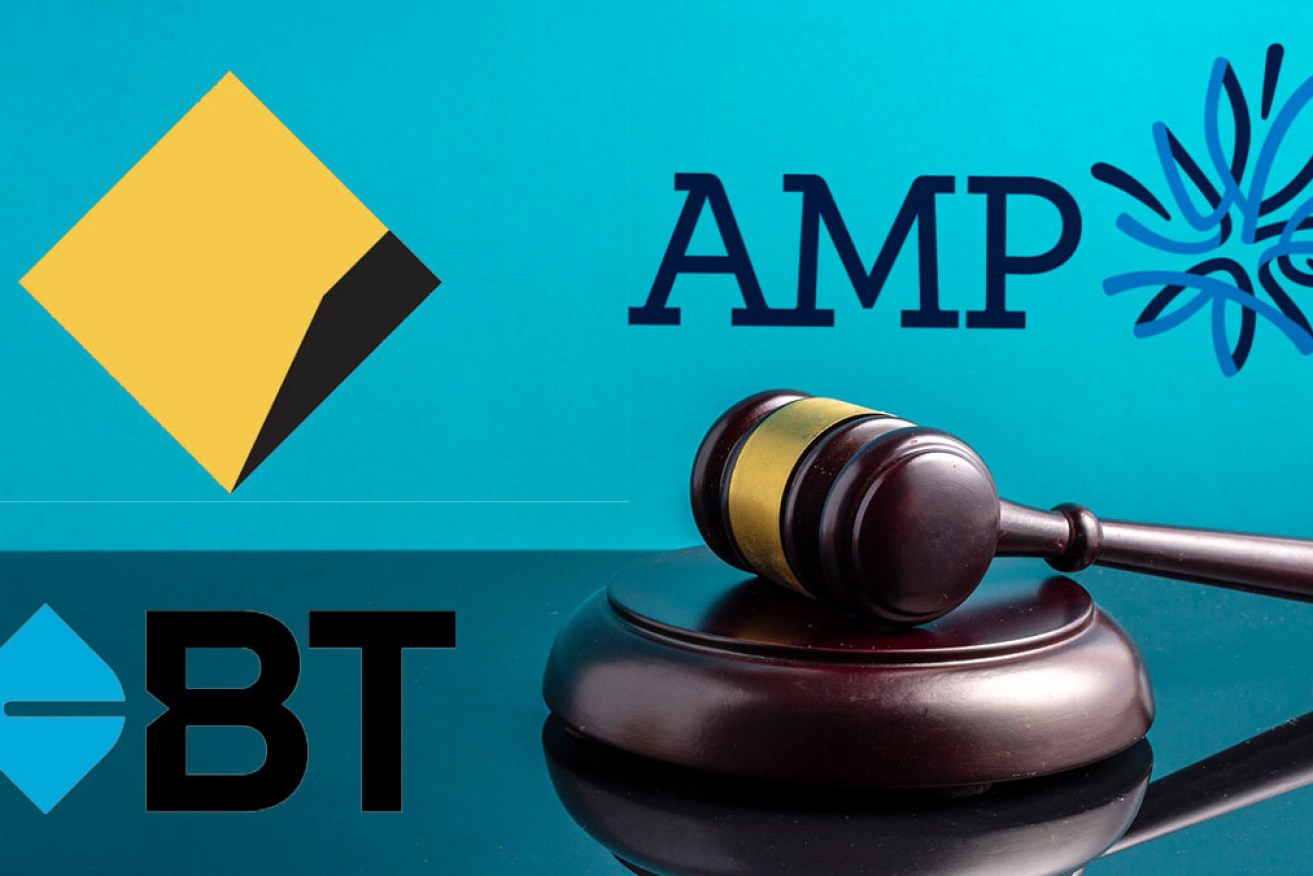AMP, BT and Commonwealth Bank come up against $500 million class action


Super fund members will fight ripoffs in court. Photo: The New Daily
Shine Lawyers have launched a class action on behalf of superannuation fund members that is targeting as much as $500 million in overpayments for insurance.
The plaintiff law firm has lodged a statement of claim in the name of two members against AMP and expects to do the same with Westpac-owned wealth manager BT and Commonwealth Bank (CBA) in coming weeks.
“We’ve got good evidence using modelling that shows the overcharges exceeded $500 million in total,” Shine’s class action leader Craig Allsopp told The New Daily.
Shine alleges that the three banks signed up members of their superannuation funds to insurance policies that were significantly more expensive than policies available elsewhere.
“They involved vertical integration and the selling of in-house products that were more expensive than other available products,” Mr Allsopp said.
In the case of BT, Shine will contend that the trustees of its super fund chose to make the in-house product the default option, despite cheaper options being available, Mr Allsopp said.
As for the other financial service providers, “advisers were conscripted” to deliver the same result, he said.
“In the case of BT, policy costs were on average 10 to 30 per cent more expensive, for CBA it’s around 20 per cent, and for AMP around 30 per cent, but for some members policy costs might have been double,” Mr Allsopp said.
“It all comes down to a breach of the duty to act in the best interests of fund members.”
Unfair and illegal
“We argue that all three financial service providers behaved in a way that was unfair and illegal,” Mr Allsopp said.
“The sheer number of people affected by these premium rorts shows we’re not just talking about a few bad apples but systemic misconduct in the industry.”
The ultimate size of the class action will depend on the number of people who sign up to it.
The process of bringing in potential members will likely start when a court order for Shine to contact all current and past members likely to have been overcharged is received.
Shine commenced a similar case against Westpac in 2017, which Mr Allsopp said “has been hard fought”.
“It’s been up to the High Court once but is yet to be resolved,” he said.
Shine’s move came out of the Hayne royal commission into financial services, which highlighted the dangers of conflicted advice.
“Every incidence of misconduct from that area came from those providing advice receiving commissions,” Mr Allsopp said.

Kenneth Hayne’s royal commission found in-house products often lead to unfair prices. Photo: AAP
Super Consumers Australia director Xavier O’Halloran said consumers worried about fees inside their super funds should follow a rational course of action.
“People should first go to their super fund and if they need to take things further there is the Australian Financial Complaints Authority,” he said.
“If after that you do decide to join a class action you need to be aware of any costs that are associated with it as they will affect the amount gained if the action is successful.”
Who pays the piper?
The Shine action is to be funded by UK based litigation funders Woodsford, which might receive a quarter of any award if the action is successful.
“Until recently, litigation funders have received between 20 per cent and 30 per cent of the proceeds from successful actions,” Mr Allsopp said.
“I’m worried that the recent High Court decision on litigation funding will see those figures creep up,” he said.
However, costs in this case were likely to be about 25 per cent of any award, he said.
Litigation funders take on the risk of class actions by funding the legal and other costs, while firms like Shine also take a small amount of risk.
Those with a case sign up to the action and do not have to pay for legal costs if the case loses.
However, the litigation funders’ fee comes from their payout.
The High Court decision in December is expected to make class actions more difficult and expensive.
Recently, a class action against NAB carried out by lawyers Slater and Gordon over the selling of junk insurance in super funds was settled for $49.5 million.
The largest Australian class action on record saw 10,000 people awarded $500 million in 2014 over bushfires started by SP Ausnet’s power infrastructure.









